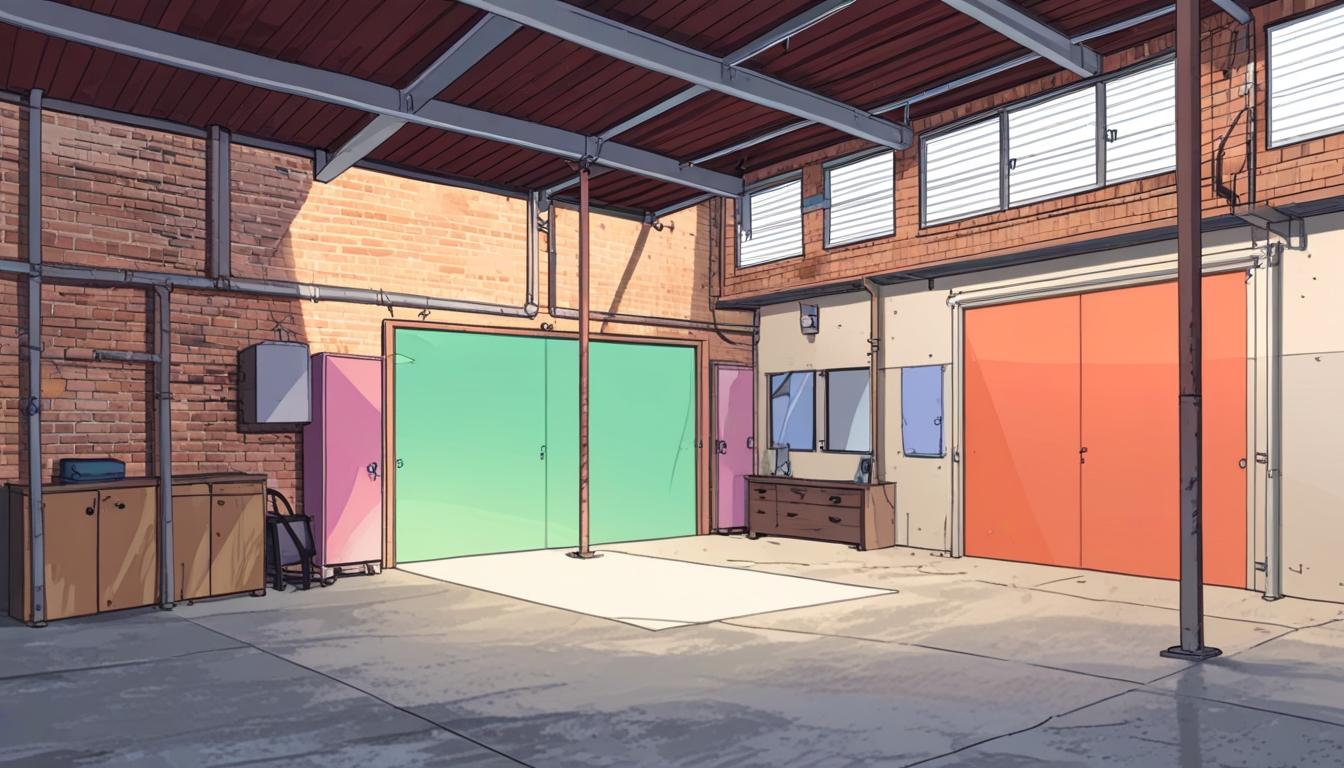In a quiet residential enclave in Christchurch, Dorset, tensions are simmering over the establishment of a pole dancing studio in a converted garage. Samilou Saunders, the owner of Samilou Pole and Aerial Fitness Studio, has found herself at the centre of a local dispute after launching her business, which offers over 20 hours of fitness classes each week. While her classes reportedly inspire many participants, including individuals well into their seventies, a significant number of her neighbours have lodged formal complaints with Bournemouth, Christchurch & Poole (BCP) Council, citing noise and parking issues.
Samilou, who devoted twenty years to realising her dream of opening a fitness studio, is firmly defending her venture against the backlash. Many of her critics argue that the “grunting” noises described in their complaints, alongside loud music, have severely disrupted their daily lives. One neighbour expressed feeling “totally hopeless” and “constantly stressed” by the perceived disruption. In response, Samilou contends that their objections stem from a misunderstanding of her work and its benefits. The environmental officer's visit to evaluate noise levels apparently yielded no concerns, which Samilou points to as evidence of her studio's minimal impact on the community.
In a bid to mitigate discord, Samilou has even removed her business's logo from her car to lessen potential provocations among her neighbours. Despite her attempts at conciliation, many remain staunchly opposed to her studio. One detractor argued that the location, which houses predominantly older residents, is ill-suited for a business venture, insisting that such activities should operate in commercial spaces that can accommodate them appropriately.
Interestingly, not all feedback has been negative. Other local residents have come forward, highlighting the positive effect the classes have had on their community. One parent noted that her daughter has shown remarkable improvement in mood and energy since attending classes, attributing a positive shift in her wellbeing to the environment fostered at the studio. This dichotomy of opinion reflects a broader societal debate over community integration of niche businesses and the challenges they can face when intersecting with established residential areas.
The planning application submitted by Samilou seeks to formalise the use of her garage as a mixed-use space. This process has prompted substantial local discourse regarding noise management and the boundaries of entrepreneurial activities in quiet neighbourhoods. While officials and local governing bodies like BCP Council outline mechanisms for addressing noise complaints, including investigative procedures, the onus often lies on communities to navigate these disputes amicably before escalation.
As the council weighs the merits of the application, this case illustrates a common tension in urban planning and community living. It raises critical questions regarding the adaptability of residential areas to accommodate evolving business models, particularly those that challenge traditional norms. The fate of Samilou's studio hangs in the balance, serving as a litmus test for how flexibility in local regulations can either stifle or promote diverse, modern entrepreneurial pursuits.
While a decision is yet to be reached, the outcome of this saga may well set precedent for future endeavours that blend home and enterprise in an environmentally conscious and community-friendly manner.
Reference Map
- Paragraphs 1, 2, 3, 4, 5, 6
- Paragraphs 2, 4
- Paragraphs 2, 3
- Paragraphs 1, 5
- Paragraphs 3, 5
- Paragraphs 4, 5
- Paragraphs 1, 3
Source: Noah Wire Services
